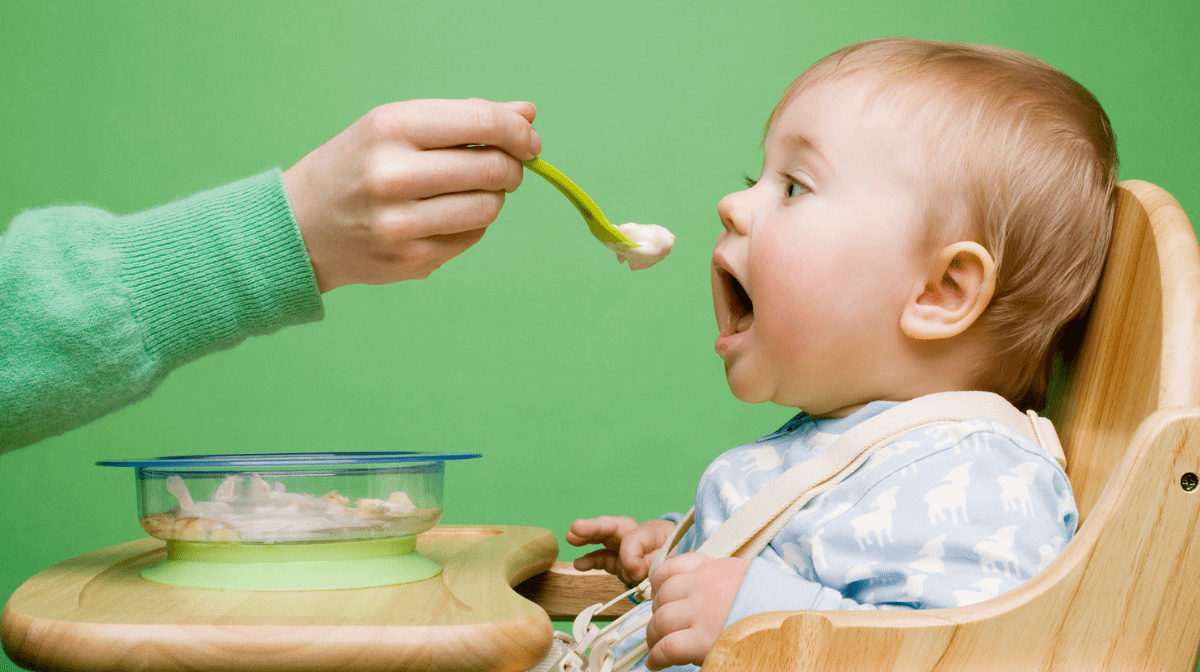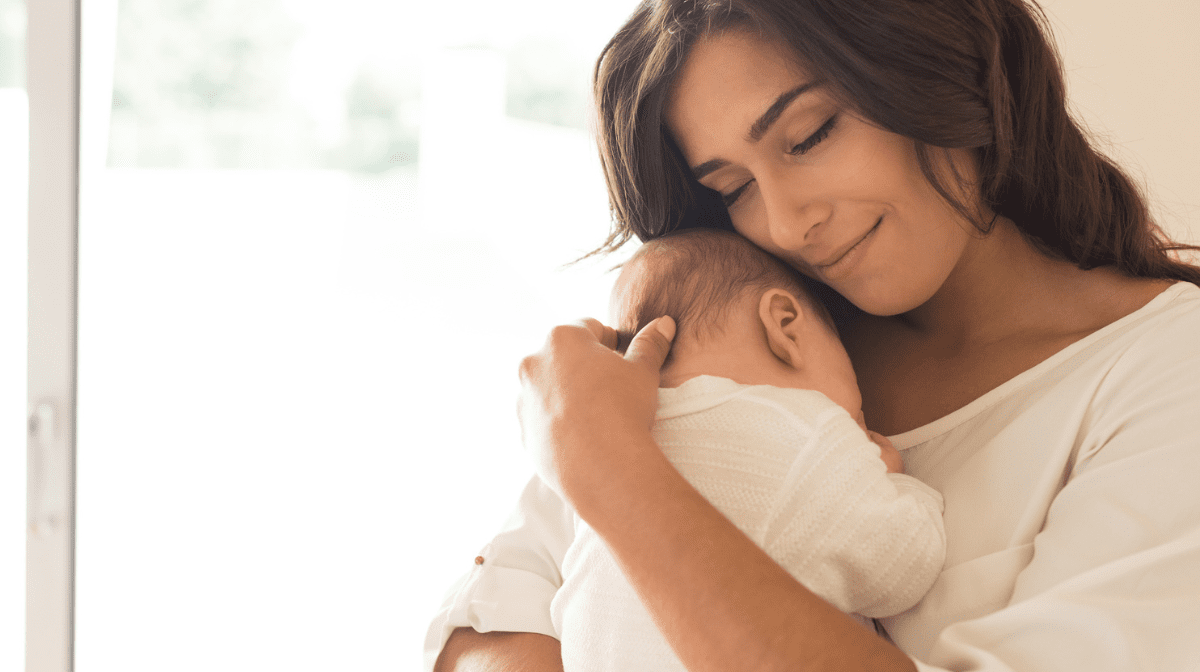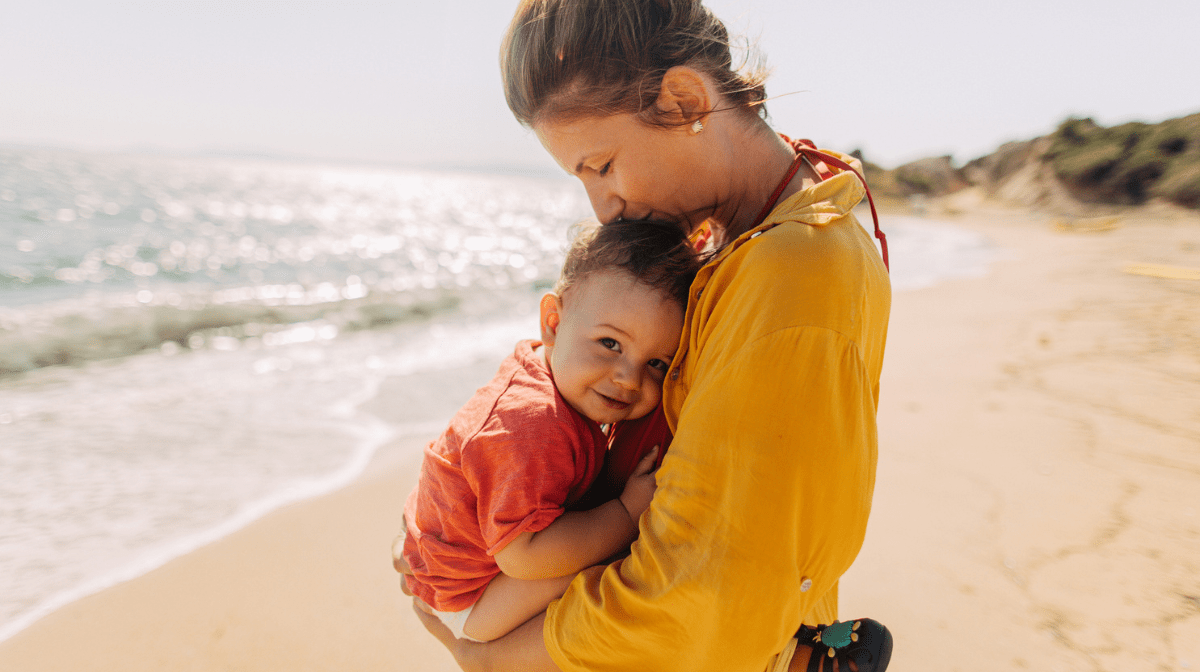Getting the right amount of Omega-3 in pregnancy is essential, but its importance isn’t known quite as widely as that of vitamin D, calcium and folic acid.
It’s vital to follow a healthy, balanced diet during pregnancy to support your baby’s growth and to keep your own health in the best possible condition, and Omega-3 fatty acids should be a key part of this.
There are three types of Omega-3:
- DHA (docosahexaenoic acid)
- EPA (eicosapentaenoic acid)
- ALA (alpha-linolenic acid or a-linolenic acid)
During pregnancy, DHA can play an essential role in the development of your baby’s brain and eyes, so this is the specific type of Omega-3 you should look at incorporating more widely into your diet.
DHA can continue to provide support to brain health and eye health throughout our lives. When combined with EPA, it can help to support the heart and may provide our bodies with extra support during exercise.
When Should I Start Taking Omega-3 During Pregnancy?
It is important to take omega-3 fatty acids if you are trying to conceive, or as soon as you become pregnant. Omega-3 fatty acids are important for your baby’s development, especially from week 12 of your pregnancy onwards.
It’s recommended that all adults consume at least 250mg of the Omega-3 fatty acids EPA and DHA each day to support their heart health. However, pregnant women should be getting an extra 200mg of DHA a day to provide extra support to their own and their unborn baby’s health.

Where to Get DHA from During Pregnancy
Many types of fatty fish naturally contain DHA, including:
- Tuna
- Salmon
- Sardines
- Mackerel
- Herring
- Halibut
Raw fish, including sushi, should be avoided during pregnancy, and fish such as sharks, swordfish and marlin should be limited, as they contain high levels of mercury that could affect the development of your baby’s nervous system. This means it’s important to make sure that any fish you do eat has been sustainably sourced from waters that aren’t overfished. Overfishing can deplete fish in our oceans which causes unsustainability and is detrimental to our environment.
Fish oil supplements need to meet strict limits when it comes to metals, pesticides and other contaminants, and MINAMI® Omega-3 supplements are well below these.
Our fish oil supplements are only sourced from waters that aren’t overfished, and each of our soft-gels contains 90-95% Omega-3, so you can be sure you’re putting the highest quality nutrients into your body to benefit both you and your baby.
When to Stop Taking Omega-3 in Pregnancy
You should always speak to a medical professional if you have any concerns at all about the prenatal supplements you’re taking. Stop taking Omega-3 in pregnancy immediately if you notice any side effects or have any concerns.
Omega-3 supplements can be safely used alongside prenatal vitamins during pregnancy and lactation.
DHA & Breastfeeding
DHA should continue to be a key part of your diet after your baby is born, especially if you’re breastfeeding.

Your baby will get their DHA supply from you, so it’s important to carry on incorporating Omega-3 in your diet from eggs and fatty fish.
However, it’s important to note that it’s recommended that breastfeeding mothers don’t consume more than two 140g portions of oily fish a week, which is why some choose to take daily fish oil supplements instead.
A healthy breastfeeding diet should be balanced, include at least five portions of fruit and vegetables a day, and incorporate plenty of vitamin D and calcium – just make sure that any cheese or milk you’re consuming has been pasteurised. You should also be mindful of your caffeine intake, consuming no more than 200mg per day.
We know it’s not always easy to make sure you’re getting all the nutrients you need when you’re dealing with the upheaval of looking after a newborn, but supplements can be a big help.
MINAMI® MorDHA Prenatal Omega-3 fish oil supplements are designed to fit easily into your lifestyle, so you can spend more time focusing on yourself and your little one. Try them for yourself today.


